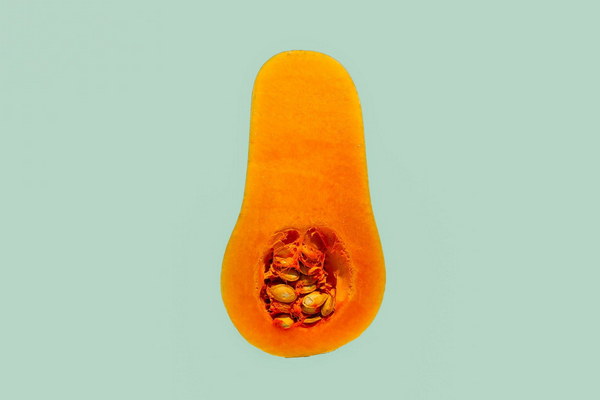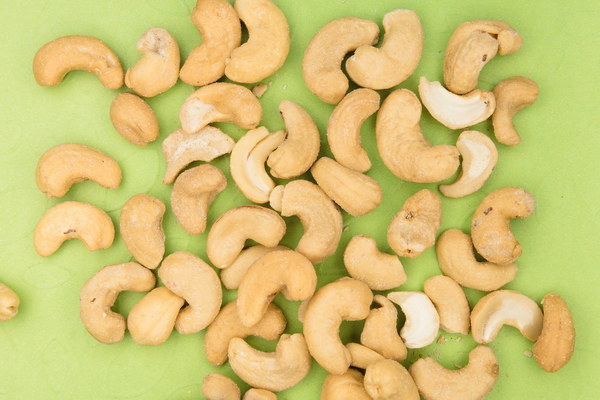Nourish Your Kidneys A Comprehensive Guide to Enhancing Kidney Health
In the realm of traditional Chinese medicine, the kidneys play a vital role in maintaining the balance of the body. Known as the roots of life, the kidneys are responsible for storing essence, producing hormones, and regulating water and electrolyte balance. When the kidneys are functioning optimally, it reflects in overall health and well-being. However, when the kidneys are weakened, it can lead to various health issues. That's why it's crucial to understand how to nourish your kidneys to ensure a healthy and fulfilling life. This article delves into the significance of kidney health, the symptoms of kidney weakness, and practical strategies to support kidney function.
I. Understanding the Kidneys
The kidneys are paired organs located on either side of the spine, just below the rib cage. They are responsible for filtering waste products, excess fluids, and toxins from the blood, which are then excreted as urine. Additionally, the kidneys produce hormones that regulate blood pressure, red blood cell production, and bone health.
II. Symptoms of Kidney Weakness
Identifying kidney weakness is essential to take appropriate measures. Here are some common symptoms to look out for:
1. Fatigue: Weak kidneys can lead to a decrease in energy levels and overall exhaustion.
2. Swelling: Accumulation of fluid in the body can cause swelling in the ankles, feet, and face.
3. Changes in urination: Frequent urination, dark or cloudy urine, and difficulty urinating are signs of kidney weakness.
4. Back pain: Pain or discomfort in the lower back, especially on the sides, can indicate kidney problems.
5. Skin rashes: Kidney dysfunction can lead to skin issues like rashes and itching.
6. Shortness of breath: Build-up of fluid in the lungs can cause breathing difficulties.
III. Nourishing Your Kidneys
1. Diet: A balanced diet rich in nutrients can support kidney health. Include the following foods in your diet:
- Fruits and vegetables: Dark leafy greens, berries, and citrus fruits are high in antioxidants and vitamins.
- Lean protein: Fish, poultry, and legumes provide essential amino acids without overloading the kidneys.
- Whole grains: Brown rice, quinoa, and oats are rich in fiber and B vitamins.
- Nuts and seeds: Almonds, walnuts, and flaxseeds are great sources of healthy fats and omega-3 fatty acids.
2. Hydration: Staying well-hydrated is crucial for kidney function. Aim to drink at least eight glasses of water daily to support filtration and prevent kidney stones.
3. Exercise: Regular physical activity can improve overall health and kidney function. Engage in activities such as walking, swimming, or yoga to stay active.
4. Stress management: Chronic stress can weaken the kidneys. Practice stress-relieving techniques like meditation, deep breathing exercises, and yoga to maintain a healthy mind and body.
5. Herbs and supplements: Certain herbs and supplements can support kidney health. Consult with a healthcare professional before taking any new supplements:
- Astragalus: An herb known for its immune-boosting and kidney-protective properties.
- Milk thistle: A natural liver detoxifier that can help support kidney function.
- L-lysine: An amino acid that may help prevent kidney stones.

6. Avoiding harmful substances: Limit the consumption of alcohol, caffeine, and nicotine, as they can strain the kidneys.
IV. Conclusion
Nourishing your kidneys is essential for maintaining overall health and well-being. By understanding the significance of kidney health, recognizing the symptoms of kidney weakness, and implementing strategies to support kidney function, you can ensure a healthier and more fulfilling life. Remember, it's never too late to start taking care of your kidneys.









